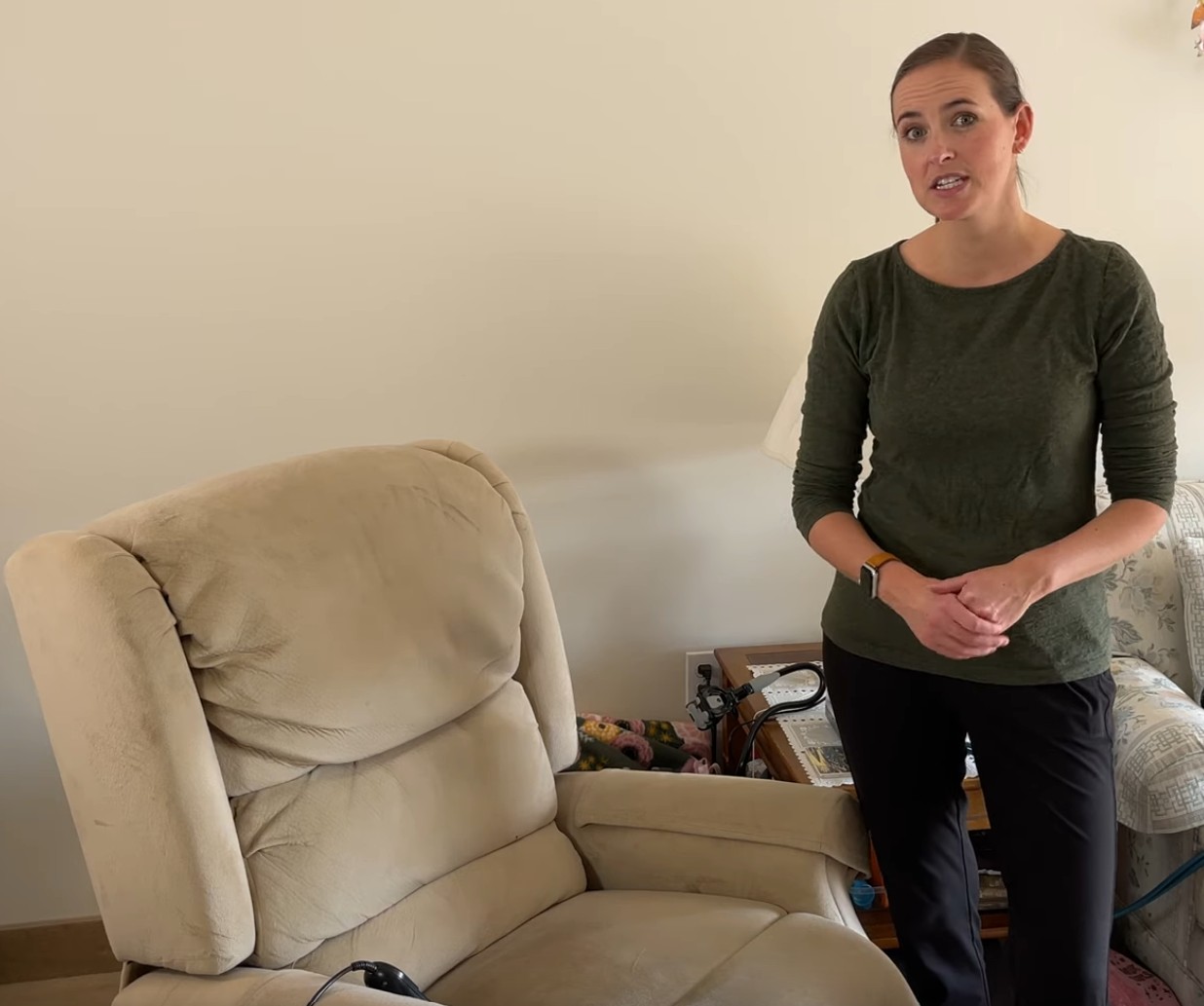Let’s be honest—most of us were raised to tough things out. You didn’t complain. You didn’t ask. You handled it. That was the way.
But now? Things are different. Maybe the knees don’t hold up like they used to. Maybe the extra weight makes everyday errands feel ten times harder. Maybe you’re just plain tired, and no one seems to notice. Still, there’s that little voice inside saying, Don’t bother anyone. Don’t be a burden.
Well, that voice is wrong.
Getting older or living in a bigger body comes with plenty of daily challenges. And trying to power through it all on your own can wear you down fast. Whether it’s lifting groceries, reaching a top shelf, managing stairs, or just figuring out how to deal with your medications—there is no shame in asking for a hand. None.
It doesn’t make you weak. It makes you practical.
Here’s the thing: most people don’t mind helping. They’re happy to run an errand, carry a bag, or drive you somewhere. And often, they wish you’d ask sooner. But if you never say anything, they assume you’re fine—and you end up struggling in silence.
That’s where a support network comes in. You don’t need a dozen people—just a few you trust. A good support network isn’t just family. It can be a neighbor who checks in, a friend from church, someone from your walking group, or even the friendly cashier who always chats with you.
Want to build one? Start small. Make a list of people you already know who are kind, reliable, and who’ve helped in little ways before. Reach out. Invite someone over for coffee, or call just to talk. Let them know you’d like to stay in touch more regularly.
Join local groups—libraries, community centers, or senior programs often host free meetups. Volunteering, even just once a month, is another great way to meet like-minded people. You’ll be surprised how fast connections grow when you show up and talk to folks.
Also, don’t overlook technology. It may feel like a hassle, but video calls, text groups, or even a simple phone tree can keep you connected, especially if mobility is limited.
The point is: asking for help works better when you’ve got people around you who know you, trust you, and care. You don’t have to spill your life story. Just build some regular contact—little check-ins, favors traded, jokes swapped. That’s how trust forms.
You’ve handled a lot over the years. You still are. But now’s the time to work smarter, not harder.
Ask when you need to. Lean on people who care. And if you don’t have those people yet—start building. You’re not a burden. You’re worth the effort.




